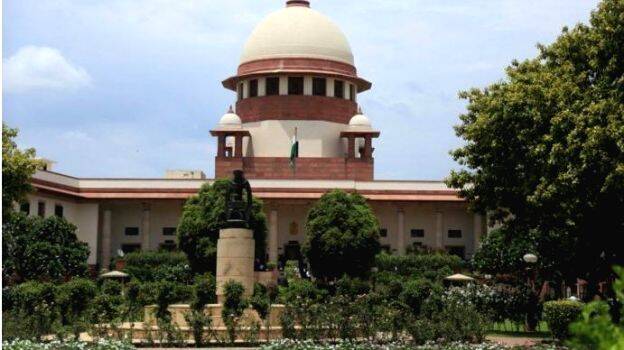

NEW DELHI: The Kerala government has said in the Supreme Court that the reservation for government jobs and admissions in educational institutions can be more than 50 percent. Kerala also demanded a review of the 1992 Supreme Court judgment in the Indira Sawhney case that reservation should not exceed 50 percent.
In connection with the Maratha reservation case, the constitutional bench of the Supreme Court had sought the opinion of various states, including Kerala, on the need to review the 1992 judgment setting the reservation limit at 50 percent. When the constitutional bench of the Supreme Court delivered its judgment in the Indira Sawhney case in 1992, the only factor considered for reservation was social backwardness. However, senior advocate Jaideep Gupta, appearing for Kerala, argued that times had changed and that economic backwardness is now a factor in reservation.
The reservation related to economic backwardness is not included in the fifty percent specified in the Indira Sawhney case. This verdict should be left to the larger bench and reviewed. Kerala also opposed the provisions of the 102nd Amendment to the constitution, which empowers the Center to determine the reservation categories.
Reservation should not be decided at the official level. Kerala argued that the legislature and the people's representatives have the ultimate power to make decisions on the issue of reservation. Standing consul G Prakash was also present for Kerala. The Supreme Court has been hearing the Maratha reservation issue for the last eight days.